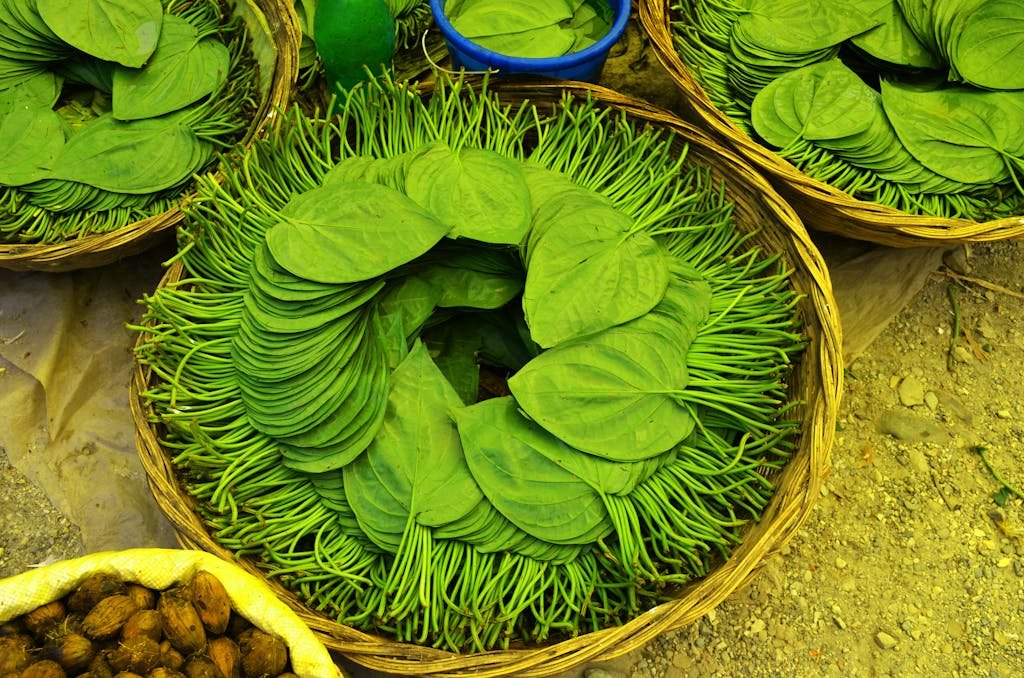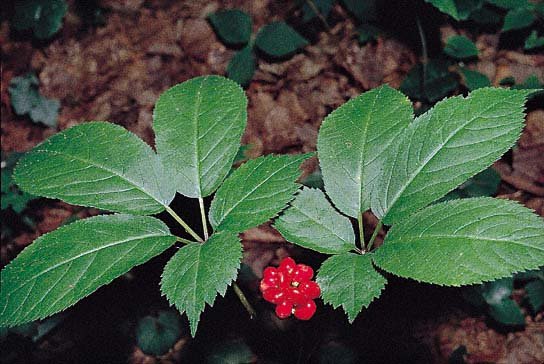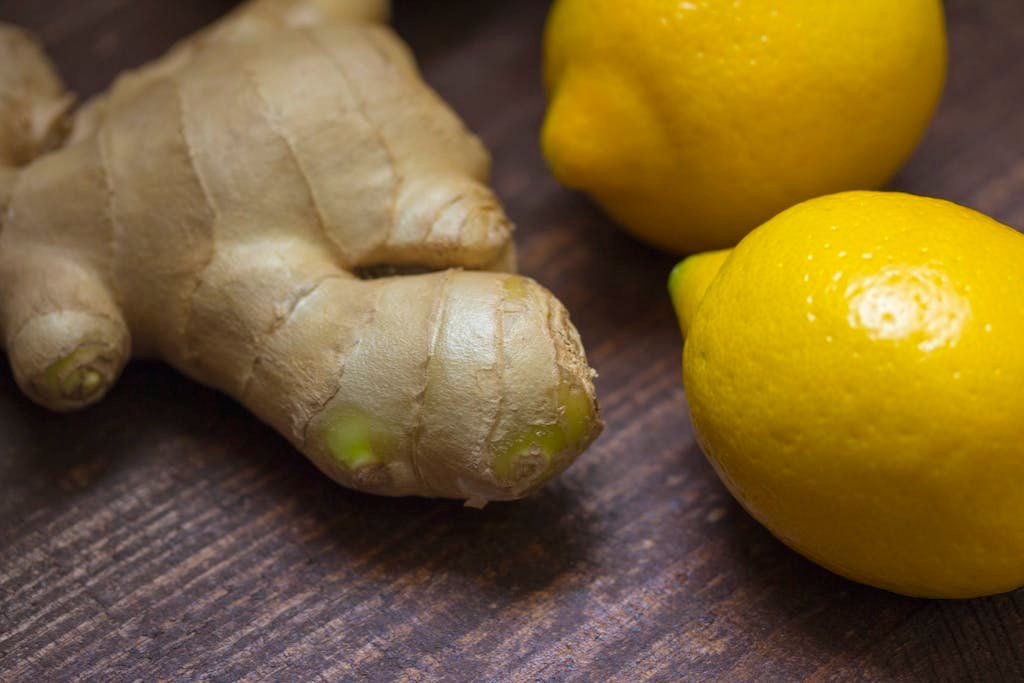Oregano – (Origanum vulgare)
Oregano, Origanum vulgare, isn’t just a spice that elevates your pizza or pasta to a whole new level; it’s a versatile herb steeped in history and packed with health benefits. Originating from the rugged mountains of the Mediterranean, this aromatic herb has made its way into hearts and kitchens around the globe.
With its distinctive flavor and numerous health-promoting properties, oregano has transcended its culinary uses to become a staple in herbal medicine. From its potential to fight bacteria to its antioxidant-packed leaves, there’s more to this herb than meets the eye. Let’s dive into the world of oregano and uncover the secrets behind its enduring popularity.
Key Takeaways
- Oregano’s Rich Heritage: Oregano, scientifically named Origanum vulgare, has a profound history that stretches from ancient Greece, where it was celebrated for its taste, medicinal properties, and as a symbol of joy, to becoming a culinary and medicinal staple worldwide.
- Culinary Versatility: Renowned for its robust flavor and aromatic presence, oregano plays a pivotal role in Italian, Mexican, Greek, and Turkish cuisines, among others, elevating dishes like pizza and pasta and celebrated for its antioxidants which contribute to a healthier diet.
- Medicinal Marvel: Oregano boasts significant medicinal properties, including antibacterial, anti-inflammatory, and antioxidant attributes thanks to compounds like carvacrol, thymol, and rosmarinic acid, making it a powerful ally against various health issues, from foodborne illnesses to allergic reactions.
- Antioxidant Powerhouse: The herb is an antioxidant treasure trove containing compounds such as rosmarinic acid, thymol, and carvacrol, which offer protective benefits against oxidative stress and contribute to reducing chronic disease risks, underscoring oregano’s value in health and wellness.
- Emphasis on Ongoing Research: Continuous exploration into oregano’s benefits, including its potential in mental health and as a diet supplement, highlights the herb’s enduring appeal and the promise it holds in both culinary and medicinal spheres.
- Incorporation into Daily Life: Encouraging the addition of oregano in various forms, whether fresh, dried, or as oil, into daily diets not only enhances food flavor but also leverages its health benefits, showcasing its adaptability and importance in a holistic lifestyle approach.
The Origins of Oregano
Oregano, scientifically known as Origanum vulgare, is a perennial herb that has woven its way through history, culture, and kitchen lore to become one of the most widely used herbs globally. Tracing its roots back to the rugged mountains of the Mediterranean, oregano has journeyed from an ancient symbol of joy and happiness to a kitchen staple cherished for its robust flavor and health benefits.
Historians believe that oregano first emerged in Greece, where it was revered for its taste, fragrance, and medicinal properties. Ancient Greeks held the herb in high esteem, using it in various ceremonies and as a remedy for poisons and convulsions. The name “oregano” itself hints at its esteemed place in Greek culture, derived from the words “oros” (mountain) and “ganos” (joy), translating to “joy of the mountains.”
The Romans later adopted oregano, spreading its cultivation across their empire, which included parts of Europe and North Africa. This proliferation laid the groundwork for oregano’s integration into local cuisines and medicinal practices, enhancing its reputation and use.
With the expansion of trade routes in the Middle Ages, oregano found its way to China where it was used to treat a variety of ailments. By the 17th century, oregano had become a fixture in British herbal medicine, prized for its antiseptic properties and ability to alleviate rheumatic pain.
Research into Origanum vulgare continues today, with studies focusing on its potential health benefits, which include antibacterial and antioxidant properties. These ongoing investigations not only underscore oregano’s enduring appeal but also its significance in herbal medicine traditions around the world.
As oregano’s popularity soared, so did its culinary uses. From the mountains of Greece to tables around the world, oregano’s journey is a testament to its versatility, flavor, and the rich tapestry of cultural histories it represents.
Culinary Uses of Oregano
Oregano, Origanum vulgare, holds a pivotal role in culinary traditions around the world, celebrated for its robust flavor and aromatic presence. Originating from the Mediterranean, it’s not surprising that oregano is a staple in Italian cuisine. Dishes like pizza and pasta often feature this herb, providing a distinctive pungency that enhances the taste of tomato-based sauces and grilled meats.
In addition to Italian dishes, oregano is also widely used in Mexican cuisine. It’s a key ingredient in chili powders and is used to season a variety of dishes, from beans to meats, contributing to the complex flavors characteristic of Mexican food. The versatility of oregano transcends geographical boundaries, making it a favorite in Greek, Spanish, and even Turkish recipes. Whether it’s sprinkled over a salad or mixed into marinades, oregano adds a layer of depth that elevates the dish.
Research highlights the benefits of using oregano not just for its flavor but also for its health properties. A study in the Journal of Agricultural and Food Chemistry suggests that oregano contains compounds with potent antioxidant properties, which can contribute to a healthier diet.
Infusions of oregano are gaining popularity as well, especially in teas that promise digestive benefits and a calming effect. The method of incorporating oregano in culinary practices is expanding, from fresh leaves in salads to dried and ground forms that garnish a variety of dishes.
Oregano’s adaptability with other spices and herbs enhances its appeal in the kitchen. Its ability to blend seamlessly with marjoram, thyme, and basil allows chefs and home cooks alike to experiment with flavors, creating unique and memorable dishes.
The popularity of oregano in global cuisines underscores the herb’s enduring appeal and its ability to connect cultures through the language of food. Whether used sparingly or as the star of the dish, oregano’s contribution to culinary arts is undeniably significant, adding complexity and flavor that resonates with palates worldwide.
Medicinal Properties of Oregano
Oregano, Origanum vulgare, isn’t just a staple in the kitchen; it’s also renowned for its medicinal properties. Researchers have unearthed a plethora of benefits stemming from this humble herb. Oregano’s power lies in its compounds: carvacrol, thymol, and rosmarinic acid. These are not only potent antioxidants but also have antibacterial and anti-inflammatory properties.
Studies have shown that carvacrol and thymol can inhibit the growth of bacteria like Escherichia coli and Bacillus cereus, making oregano a natural fighter against foodborne illnesses. Furthermore, oregano’s rosmarinic acid content is a boon for those looking to ease allergic reactions and inflammation, showcasing the herb’s adaptability beyond culinary uses.
| Property | Compound | Benefit |
|---|---|---|
| Antibacterial | Carvacrol, Thymol | Inhibits growth of harmful bacteria |
| Anti-inflammatory | Rosmarinic Acid | Reduces inflammation and allergic reactions |
| Antioxidant | Carvacrol, Thymol, Rosmarinic Acid | Fights oxidative stress |
Another fascinating angle to oregano’s medicinal tale is its potential in mental health. Preliminary research suggests that carvacrol might have a positive effect on mood and stress levels, paving the way for natural alternatives in mental wellness.
Moreover, oregano oil, a concentrated form of this herb, is gaining traction in therapeutic applications. Its potent antibacterial and antifungal properties make it a valuable tool for skin health, respiratory conditions, and even as a natural insect repellent.
The ongoing exploration into oregano’s benefits is a testament to nature’s power in fostering well-being. From enhancing physical health to potentially uplifting mental health, oregano’s versatility in medicinal applications is as rich and varied as its culinary uses.
Antioxidant Benefits of Oregano
Oregano, scientifically known as Origanum vulgare, stands out not just for its aromatic flair in culinary dishes but also for its impressive antioxidant properties. This herb contains a variety of compounds that contribute to its ability to fight oxidative stress, including rosmarinic acid, thymol, and carvacrol. Studies have shown that these compounds can neutralize harmful free radicals, thereby protecting the body’s cells from damage and reducing the risk of chronic diseases.
One noteworthy research study published in the Journal of Nutrition highlights the potent antioxidant capacity of oregano, with findings suggesting that it contains 3 to 30 times the levels of antioxidants in other herbs. For instance, when compared to basil, oregano boasts a significantly higher concentration of antioxidants, making it an essential dietary supplement for those looking to enhance their antioxidant intake.
Here’s a comparison of antioxidant levels in common herbs (amounts per 100g):
| Herb | Antioxidant Level (mmol) |
|---|---|
| Oregano | 175 |
| Basil | 60 |
| Thyme | 45 |
| Rosemary | 40 |
The extraordinary antioxidant benefits of oregano can also be attributed to its high phenolic content. Phenolic compounds are known for their ability to combat oxidative stress and support overall health. The synergy of these compounds in oregano not only defends against cellular damage but also promotes longevity and vitality.
Incorporating oregano into the diet is straightforward and beneficial. Whether fresh or dried, oregano can be added to various dishes, including pizzas, pasta sauces, and salads, enhancing flavor while providing health benefits. Oregano oil, a concentrated form of the herb, is another way to harness its antioxidant power, albeit in a more potent format. It’s important to note, however, that while oregano oil is effective, it should be used judiciously due to its strength.
Given its robust antioxidant profile, oregano continues to be a subject of interest among researchers exploring natural remedies for health preservation and disease prevention.
Conclusion
Oregano’s journey from the Mediterranean mountains to kitchens and medicine cabinets around the world is a testament to its enduring appeal and versatility. With its rich history, deeply rooted in Greek and Roman cultures, oregano has not only flavored dishes but also offered significant health benefits. Its remarkable antioxidant properties, underscored by compounds like carvacrol, thymol, and rosmarinic acid, elevate it beyond a culinary herb to a potent ally in combating oxidative stress and chronic diseases. As research continues to unfold the full spectrum of oregano’s benefits, it’s clear that this herb’s legacy is as vibrant and relevant today as it was centuries ago. Whether for its taste or health advantages, incorporating oregano into one’s diet is a choice that connects past, present, and future, celebrating a tradition of wellness and flavor that transcends borders and generations.



